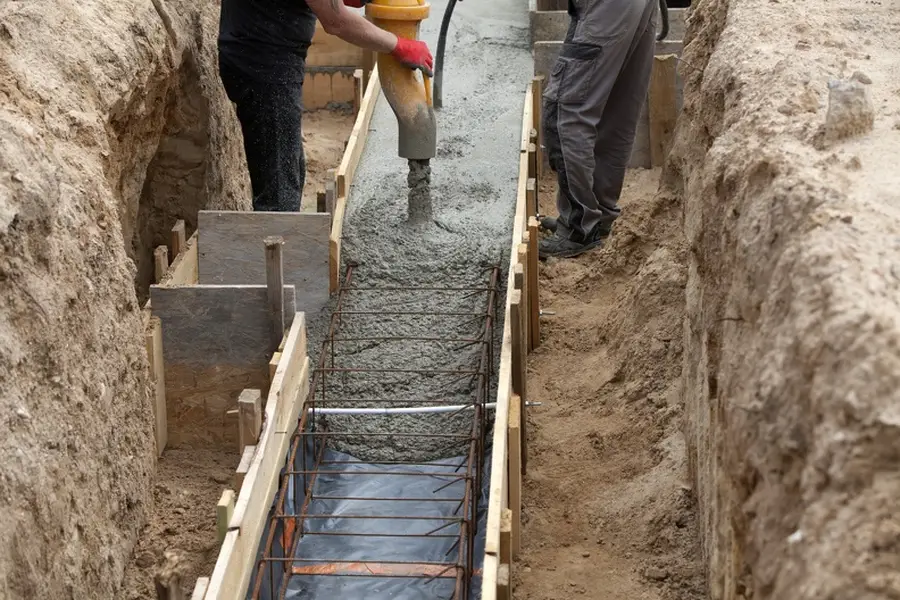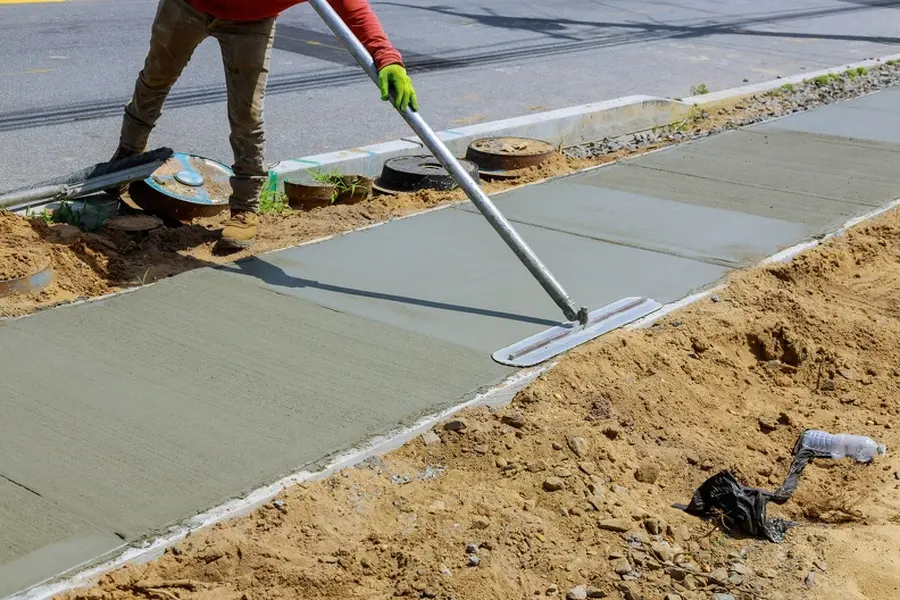Understanding the Distinct Characteristics of Two Popular Surface Materials
When choosing a surface for your driveway or parking area, you might wonder about the key differences between concrete and asphalt surfaces. Both materials are popular choices, but they have distinct characteristics that make them suitable for different needs. Factors like durability, maintenance, cost, and aesthetic appeal can influence your decision. Understanding these elements will help you choose the material that best fits your requirements.

The Durability Factor: Concrete Vs. Asphalt
Durability plays a significant role in deciding between concrete and asphalt surfaces. Concrete is known for its strength and long lifespan. It can withstand heavy loads and extreme weather conditions without deteriorating quickly. In contrast, asphalt is more flexible, which makes it less prone to cracking under pressure. However, it tends to soften in high temperatures, potentially leading to surface damage over time.
Maintenance Considerations
One crucial aspect of choosing between concrete and asphalt is understanding their maintenance needs. Concrete services typically require less frequent upkeep compared to asphalt. A well-poured concrete surface might need sealing every few years. Meanwhile, asphalt requires regular sealing to maintain its appearance and functionality. Its black surface can become brittle if not properly cared for.

Cost Implications of Choosing Your Surface
Budget considerations often sway decisions on surface materials. Initially, asphalt is usually cheaper than concrete. However, its ongoing maintenance can add up over time. Concrete may seem costlier upfront, but its lower maintenance costs could offer better value in the long run. Evaluating the total cost of ownership is crucial when making this choice.
Aesthetic Appeal: Which Material Looks Better?
The visual impact of your chosen material also matters. Concrete offers various design options with colors and textures, allowing homeowners to customize their driveways or patios. Conversely, asphalt generally provides a uniform black finish, which some may find less appealing but works well for roads or larger areas needing a cohesive look.
- Concrete allows for decorative finishes with stamps and stains.
- Asphalt delivers a smooth and sleek appearance.
- The choice depends on personal preference and property style.
Environmental Impact and Sustainability
Sustainability is becoming an important factor in material selection. Concrete production involves significant energy consumption, although newer methods are reducing its carbon footprint. On the other hand, asphalt is recyclable and often reused in new projects, making it a more environmentally friendly option.
Climate Suitability for Each Material
Your local climate can heavily influence your choice between concrete and asphalt surfaces. Concrete performs well in hot climates due to its heat resistance. However, freezing temperatures can cause it to crack if water seeps into its pores. Asphalt’s flexibility helps it adapt to temperature changes but makes it susceptible to softening in hot weather.
- Consider the typical weather patterns in your area before deciding.
- Opt for concrete if you live in a region with hot summers.
- If your area experiences cold winters, ensure proper drainage systems are in place.
Final Thoughts on Selecting Your Surface Material
Choosing between concrete and asphalt surfaces depends on several factors including cost, maintenance, durability, aesthetics, and environmental impact. While both materials have their advantages and disadvantages, considering your specific needs will guide your decision. For more details on professional services, contact Aim Construction at (951) 590-4224. Located in Perris, CA, our team is ready to assist with all your paving needs.